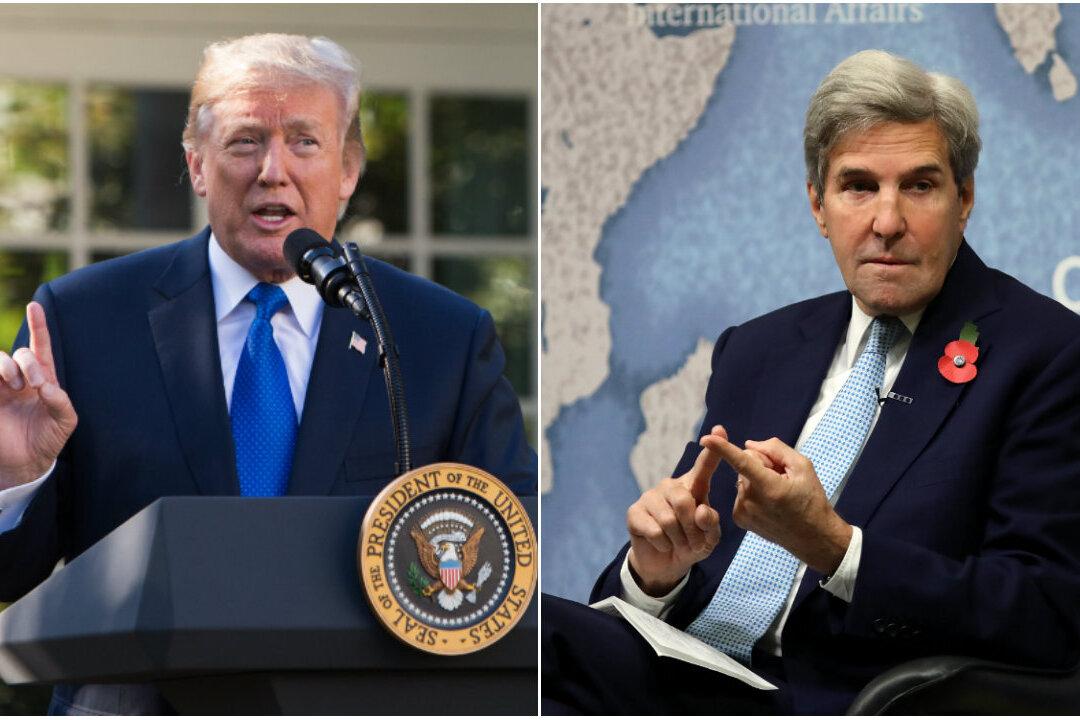President Donald Trump doubled down on his criticism of attempts of former State Secretary John Kerry to prop up the Iran deal through quiet but incessant contacts with foreign dignitaries, including Iran’s, as revealed in a Boston Globe report on Friday, May 4.
“John Kerry can’t get over the fact that he had his chance and blew it!” Trump said on Twitter on Tuesday morning. “Stay away from negotiations John, you are hurting your country!”





